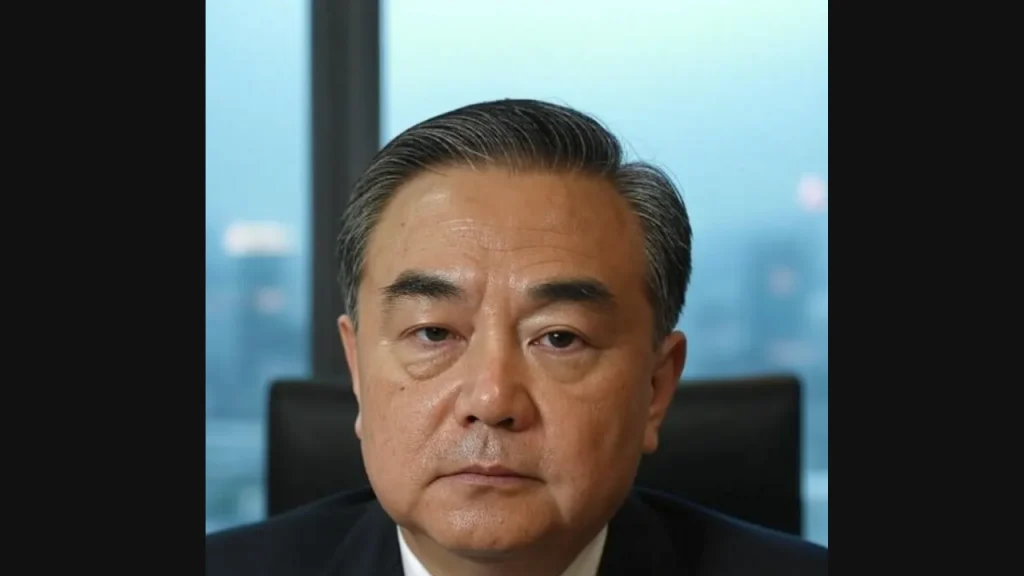- China’s Ministry of Commerce to probe alleged dumping of US-made analogue IC chips.
- Investigation also targets US restrictions on Chinese semiconductor firms.
What happened: Beijing launches twin probes into US chips
China’s Ministry of Commerce has opened two major investigations into the United States’ semiconductor industry, escalating tensions in the long-running trade dispute between the two countries. The ministry announced an anti-dumping probe into US-made analogue integrated circuit (IC) chips, which are widely used in consumer electronics, cars and industrial equipment.
A second anti-discrimination investigation will review US policies restricting Chinese chipmakers, including export controls and investment bans justified on national security grounds.
The move comes just days before planned high-level trade talks, signalling Beijing’s intent to confront Washington’s approach to technology trade. Analysts say US companies such as Texas Instruments and Analog Devices could face tariffs or restrictions if the probes find evidence of unfair practices.
Posts on X (formerly Twitter) from financial analysts highlighted potential market turbulence, noting that semiconductor stocks like Nvidia and AMD dipped in after-hours trading following the announcement.
Also read: China rushes for Nvidia chips as US ban eases
Also read: China-backed hackers intensify cyberattacks on Taiwan chipmakers
Why it’s important
The timing of the probes is highly strategic. They come as former US President Donald Trump has threatened to impose tariffs of up to 300% on semiconductor imports, part of his administration’s effort to curb China’s technological rise.
This escalation could disrupt the global semiconductor supply chain, which is already under strain from export controls and geopolitical tensions. China remains a crucial hub for chip assembly and testing, meaning higher tariffs could raise costs for electronics manufacturers worldwide.
Beijing’s anti-discrimination case also has potential implications for World Trade Organization (WTO) rules. If China challenges US security-based restrictions in global forums, it could set a precedent affecting future tech trade disputes.
Analysts warn that the moves deepen the risk of a technological decoupling, with companies forced to diversify or duplicate supply chains. This could accelerate the bifurcation of global tech standards, making international collaboration more difficult.

